In the health system, commune and ward health stations are the closest places to the people, directly managing public health. Periodic health check-ups for the whole population here do not stop at measuring blood pressure, weight or checking for common diseases, but also help screen and promptly detect many dangerous diseases, thereby contributing to reducing the burden on provincial and central health facilities.
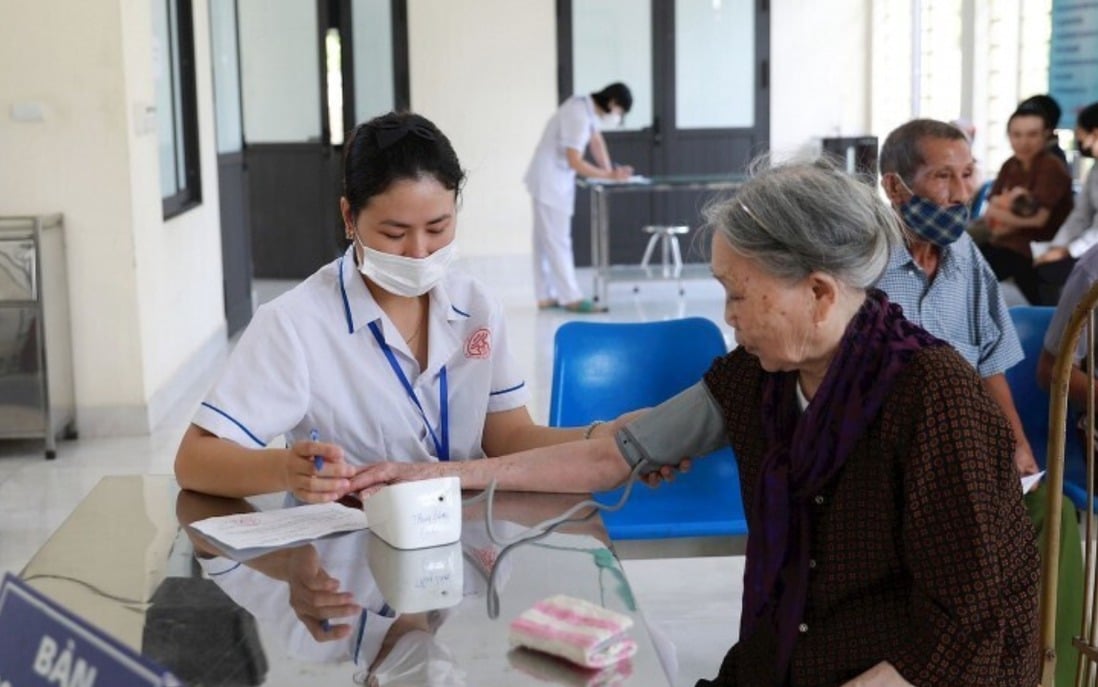 |
| Primary health care, the place closest to the people, is gradually asserting its role as the frontline in public health management, contributing to reducing the load on upper-level facilities and improving treatment effectiveness. |
In Ha Bac commune ( Hai Phong ), the health station is considered the health support for thousands of people. Every month, hundreds of elderly people, people with chronic diseases or people in need come for regular check-ups and to get medicine.
According to Ms. Nguyen Thi Sanh, Head of Ha Bac Commune Health Station, through these examinations, medical staff can detect hidden health problems that people have never realized.
In fact, there have been many cases where serious illnesses were detected through regular health check-ups at the station and were promptly referred for treatment.
For example, in the case of Mr. Doan Van Tay (born in 1985, Dong village, Ha Bac commune), during a routine health check-up, he was found to have signs of suspected tuberculosis.
Thanks to early transfer to hospital, he was diagnosed and treated promptly, avoiding serious complications.
Or like Ms. Vu Thi Co (born in 1956, Hai Yen village, Ha Bac commune), when she came for a routine health check-up, she was discovered to have signs of heart abnormalities and was then referred to the provincial hospital, where she was diagnosed with tricuspid valve regurgitation and given an appropriate treatment regimen.
Such specific cases demonstrate the screening and early detection capacity of commune health stations as an important link in community health care.
In addition to regular check-ups, the health station also manages chronic diseases such as high blood pressure, diabetes, chronic bronchitis, etc. Patients are profiled, closely monitored, given monthly medication, and receive advice on nutrition and exercise.
According to Ms. Sanh, the health station periodically compiles a list and records to manage the health of the entire population. Each year, the elderly are examined once or twice. This helps to promptly grasp their health status and advise them on changing their living habits to prevent diseases.
Regular health check-ups at commune health stations not only bring direct benefits to people but also contribute significantly to reducing treatment costs, reducing the burden on upper-level hospitals, and at the same time creating peace of mind and trust for the community.
However, to effectively carry out periodic health check-ups for the entire population, many health stations still need to invest more in diagnostic equipment, human resources and health data management technology.
In Minh Chau commune, Hanoi city, doctor Le Thi Loc, Head of the Health Station shared that previously, the station only implemented separate periodic examinations for each group of subjects such as students, women, the elderly, etc.
The expansion of periodic medical examinations for the entire population has marked a new development step, contributing to changing the awareness and health care habits of the community, which were previously hesitant or less proactive in going for medical examinations when there were no obvious symptoms of illness.
Despite many difficulties in human resources and equipment, Minh Chau Medical Station has received practical support from the Young Physicians Association and the Hanoi Department of Health, mobilizing medical staff and doctors from central, provincial, city hospitals and Ba Vi General Hospital.
Thanks to the cooperation of medical forces, the national health examination program has been implemented smoothly, helping people to be examined, consulted and given free medicine right in their locality.
The most obvious result is the ability to screen and detect diseases early for timely treatment and referral.
As in the case of Mrs. Nguyen Thi Mieu (Zone 2), who felt completely healthy, but through a routine check-up, her blood sugar level was found to be high and she was diagnosed with diabetes. She is currently being monitored and treated with insurance drugs at the commune health station.
Similarly, Ms. Nguyen Thi Phuong discovered that she had high blood pressure after receiving the Covid-19 vaccine but had not yet started treatment. During the general examination, the doctor at the higher level consulted her, and she started monthly maintenance treatment at the station.
Not only detecting new cases, the commune health station also regularly manages chronic diseases, helping people receive treatment closer to home, more conveniently and cost-effectively.
Along with professional work, Minh Chau Medical Station also promotes health education communication activities through radio, social networks, or integrates them into environmental sanitation campaigns, dengue fever prevention, rabies prevention, high blood pressure, tuberculosis, etc.
Doctor Le Thi Loc said that in the coming time, the periodic health check-up model will be organized in batches, with specific plans to ensure efficiency and reduce pressure on the grassroots medical team.
With the support of hospitals, social organizations and local authorities, Minh Chau Medical Station is gradually affirming its role as a "gatekeeper" of the health system, making an important contribution to community health care.
This is clear evidence that when grassroots healthcare is properly invested and promoted, people will receive comprehensive care, timely detection and treatment of diseases, thereby reducing the burden on upper-level facilities and reducing medical costs for people.
However, in reality, many localities still face difficulties in human resources and facilities. Currently, there are communes that can only arrange 1-2 doctors, and some places even have no doctors but only nurses, making people not interested in the commune level, leading to overload at the upper level even for common diseases.
To address this problem, on September 9, 2025, the Politburo issued Resolution No. 72-NQ/TW on a number of breakthrough solutions in protecting, caring for and improving people's health.
The resolution sets a target that in the 2025-2030 period, each year localities must rotate, transfer, and mobilize at least 1,000 doctors to work for a limited time at commune health stations, while also adding permanent doctors to this level. By 2027, each commune health station must have at least 4-5 doctors.
In addition, 100% of commune health stations will be fully invested in facilities, medical equipment and human resources according to their functions and tasks.
The resolution also emphasizes preferential treatment policies, including preferential career allowances, for medical staff working regularly at commune stations and preventive medical facilities.
The state budget will cover both regular expenditure and investment in primary health care and preventive medicine. This is expected to be a big boost to help the primary health care team feel secure in their work, contributing to narrowing the gap in quality of medical examination and treatment between the commune level and the upper level.
The Ministry of Health is currently completing the Draft Circular guiding the functions, tasks, powers and organizational structure of commune, ward and town health stations.
At a recent meeting with 34 Departments of Health nationwide, Deputy Minister of Health Nguyen Thi Lien Huong affirmed that grassroots health care, especially commune health stations, is the place to provide primary health care and comprehensively manage people's health.
In the coming period, health stations will need to be more strongly decentralized, empowered to carry out the contents according to Resolution 72 such as initial health check-ups, periodic check-ups, community screening, chronic disease management and integration of inter-sectoral tasks such as social protection, child care, etc.
When grassroots healthcare is properly invested, reasonably decentralized, and considered the foundation for national healthcare development, people will be the first beneficiaries, with quality healthcare services close to home, low cost, and long-term effectiveness.
Source: https://baodautu.vn/kham-benh-tai-xa-phat-hien-benh-nang-kip-thoi-d411631.html




![[Photo] Solemn opening of the 1st Government Party Congress](https://vphoto.vietnam.vn/thumb/1200x675/vietnam/resource/IMAGE/2025/10/13/1760337945186_ndo_br_img-0787-jpg.webp)



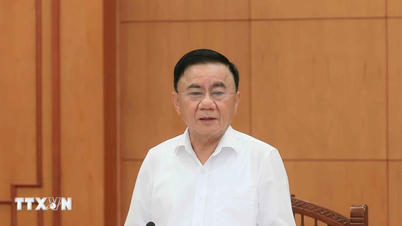



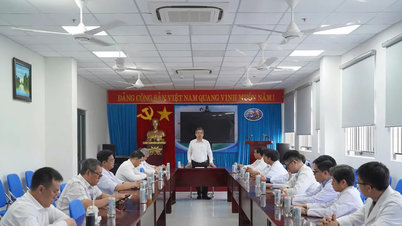

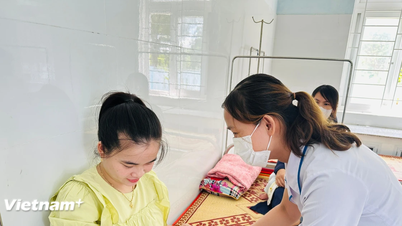


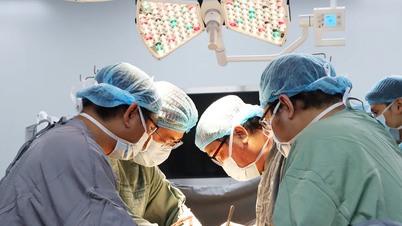




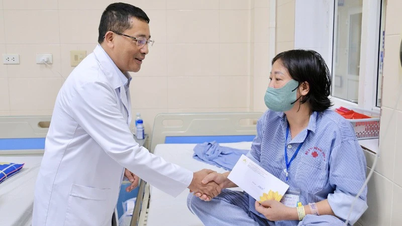













![[Photo] General Secretary To Lam attends the opening of the 1st Government Party Congress](https://vphoto.vietnam.vn/thumb/1200x675/vietnam/resource/IMAGE/2025/10/13/1760321055249_ndo_br_cover-9284-jpg.webp)





















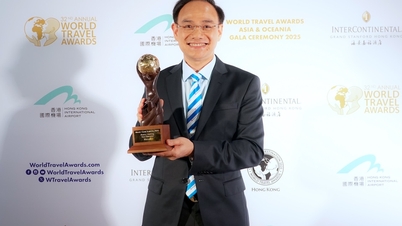

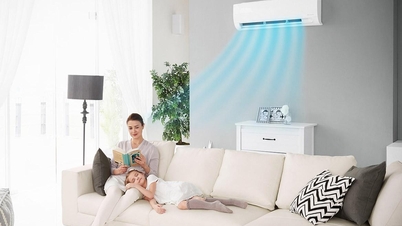

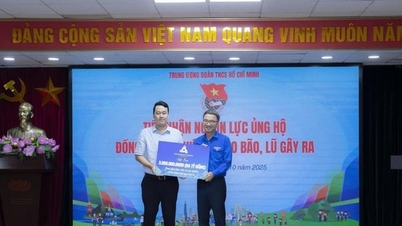

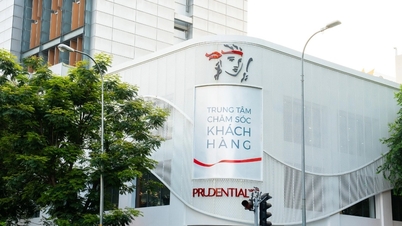






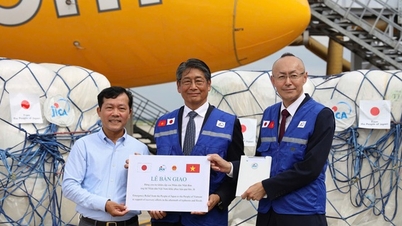

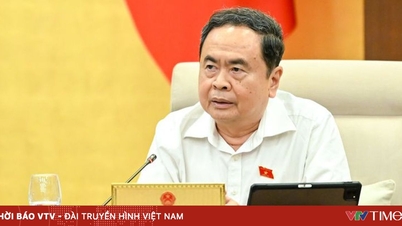

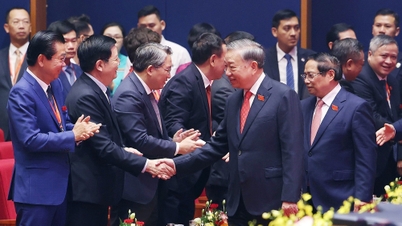







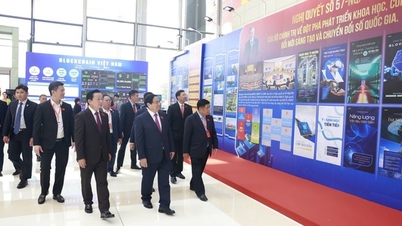
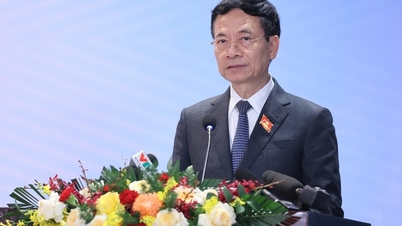



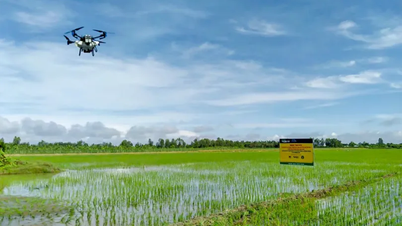

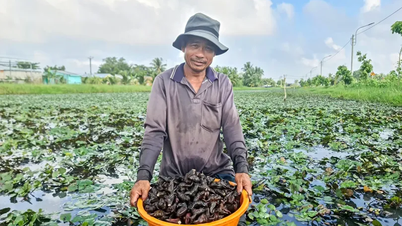
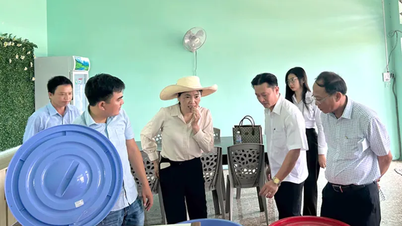
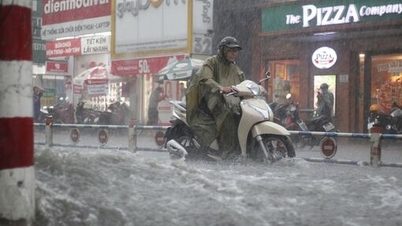

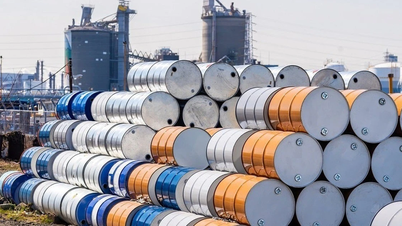











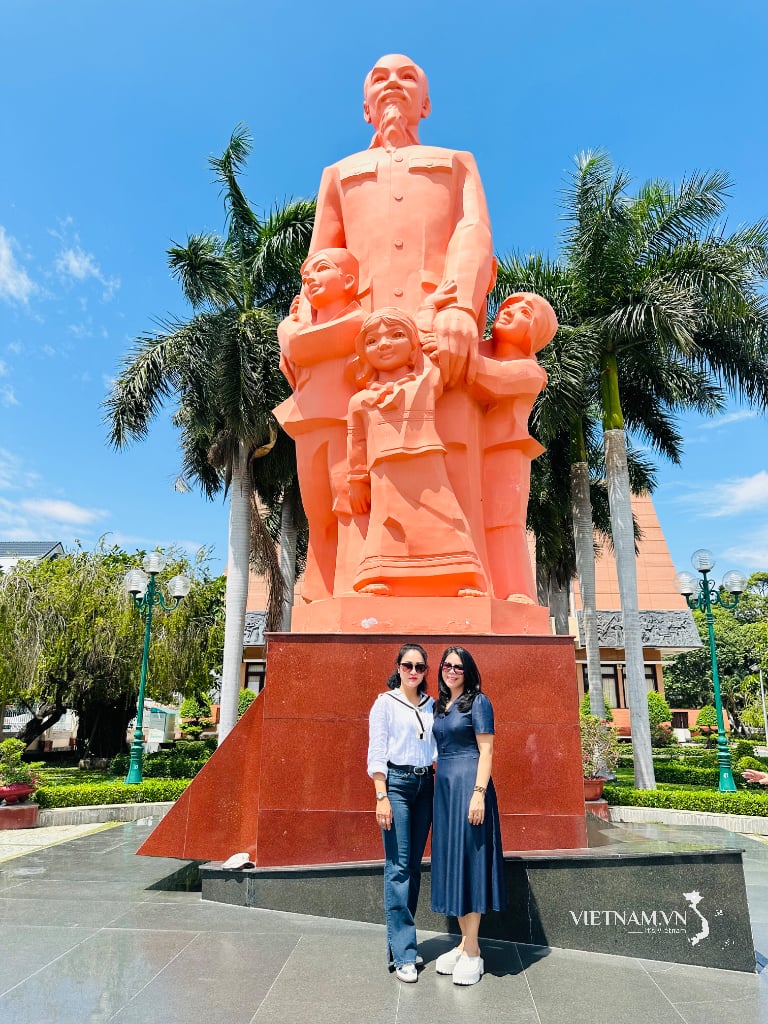



Comment (0)